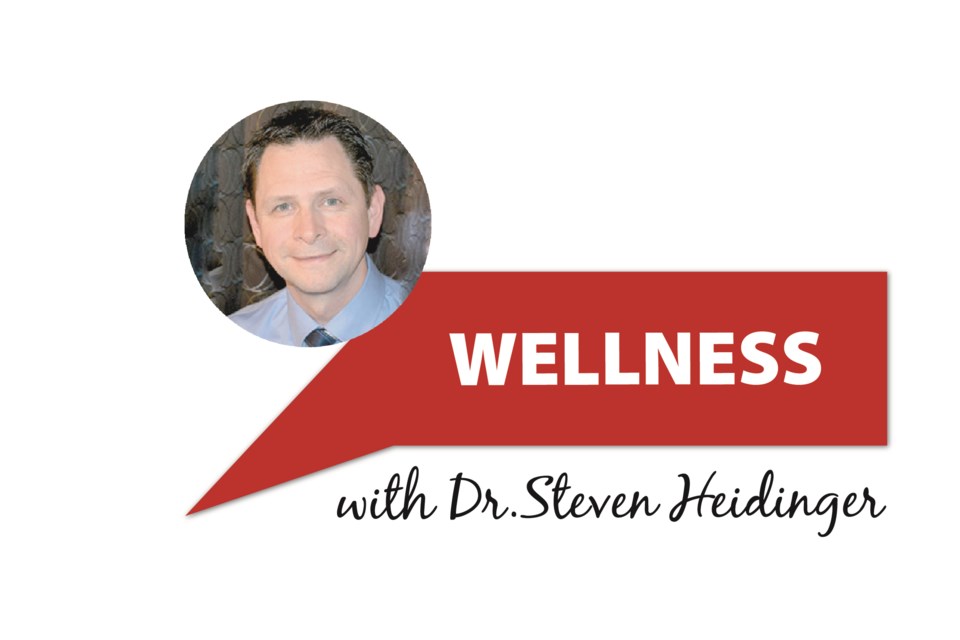It is often said that timing is everything. In business, relationships, or delivering that punchline, timing is everything. Research is telling us that, if you are a snacker, timing can be very important relative to your health.
I fully admit that I have a tendency to snack. This isn’t necessarily a bad thing as long as it is with healthier foods and as long as it is limited to daytime snacking. The problem that comes with snacking is when it happens in the evening hours, after you’ve finished your typical supper-time meal.
This type of snacking can lead to sleeplessness and weight gain, and can contribute to obesity, diabetes and other metabolic health issues. Your body reacts differently to a snack eaten mid-day, versus ingesting the same snack in the evening. Night eating can have very dire health consequences.
Studies show that night-time eating negatively affects blood glucose and insulin levels and raises blood LDL and total cholesterol. These can all contribute to diabetes and heart disease. One study involving the snacking habits of healthy young women, showed that night-time snacking significantly slowed down fat burning as compared to the women who snacked during the day.
Coming back to how evening snacking affects sleep patterns, the fact that lack of quality sleep has so many health consequences, it can be theorized that night-time snacking may be detrimental to brain health, digestive health, the immune system and it can also contribute to chronic inflammation.
It should be stated that the negatives of evening snacking aren’t just limited to bad food choices. It’s not what you eat, but rather when you eat it. Whether “healthy” or not, if it affects your blood sugar/insulin levels, it can create this negative metabolic cycle.
It should also be noted that evening snacking can develop into a habit in that this type of snacking affects our hunger hormones and can increase cravings for more food, especially the junk foods.
Trending as a popular health practice in the last number of years is the idea of “intermittent fasting.” This strategy limits ones eating to a small window of time during the day (say noon to 6 p.m). Removing all foods outside this window has been shown to be very healthful.
While you may not want to attempt intermittent fasting, at least get rid of your snacking once you push yourself away from the dinner table.
The views and opinions expressed in this article are those of the author, and do not necessarily reflect the position of this publication.




